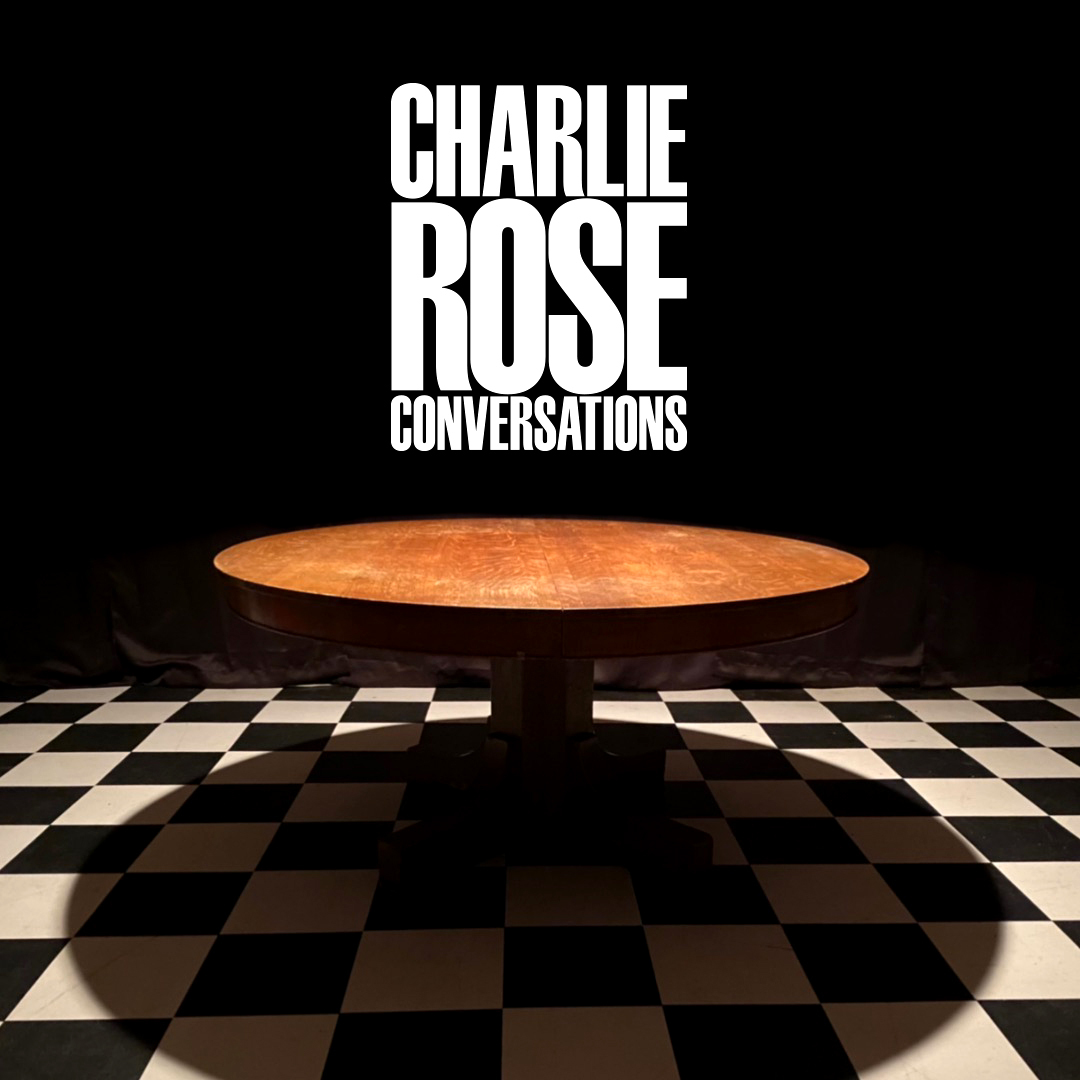
Michael McFaul has spent a lifetime studying Russia and the global contest between great powers. A Rhodes Scholar and Stanford professor, he speaks from the perspective of scholar, diplomat and author.
From 2012 to 2014, he served as U.S. Ambassador to Russia under President Obama, after three years on the National Security Council as Special Assistant to the President and Senior Director for Russian and Eurasian Affairs.He writes about this and much more in his new book, Autocrats vs. Democrats: China, Russia, America, and the New Global Disorder.
This is a moment in which it is crucial to understand the risks and possibilities of the competition among great powers.
We’ll talk about many things - Russia’s war in Ukraine and what it reveals about the limits of Western deterrence, China’s expanding reach across Asia and the global economy, and America’s role in a changing world - including what yesterday’s Trump - Xi in South Korea meeting says about the complex diplomacy now shaping the U.S. - China dynamic.
- October 31 2025
- October 24 2025
- October 14 2025
- October 08 2025
- October 04 2025
- October 02 2025
- September 30 2025
- September 21 2025
- September 16 2025
- September 10 2025
- September 05 2025
- August 22 2025
- July 18 2025
- December 29 2024
- December 09 2024
- November 27 2024
- September 20 2024
- September 10 2024
- August 29 2024
- August 13 2024
- February 20 2024
- February 16 2024
- January 11 2024
- December 26 2023
- December 24 2023
- December 12 2023
- December 04 2023
- November 14 2023
- November 02 2023
- November 01 2023
- October 20 2023
- October 12 2023
- July 28 2023
- March 09 2023
- March 06 2023
- October 07 2022
- September 03 2022
- August 16 2022
- August 03 2022
- June 20 2022
- June 09 2022
- May 27 2022
- May 17 2022
- May 10 2022
- April 14 2022
- Prev
-
October 31 2025
- October 31 2025
- October 24 2025
- October 14 2025
- October 08 2025
- October 04 2025
- October 02 2025
- September 30 2025
- September 21 2025
- September 16 2025
- September 10 2025
- September 05 2025
- August 22 2025
- July 18 2025
- December 29 2024
- December 09 2024
- November 27 2024
- September 20 2024
- September 10 2024
- August 29 2024
- August 13 2024
- February 20 2024
- February 16 2024
- January 11 2024
- December 26 2023
- December 24 2023
- December 12 2023
- December 04 2023
- November 14 2023
- November 02 2023
- November 01 2023
- October 20 2023
- October 12 2023
- July 28 2023
- March 09 2023
- March 06 2023
- October 07 2022
- September 03 2022
- August 16 2022
- August 03 2022
- June 20 2022
- June 09 2022
- May 27 2022
- May 17 2022
- May 10 2022
- April 14 2022
- Next



